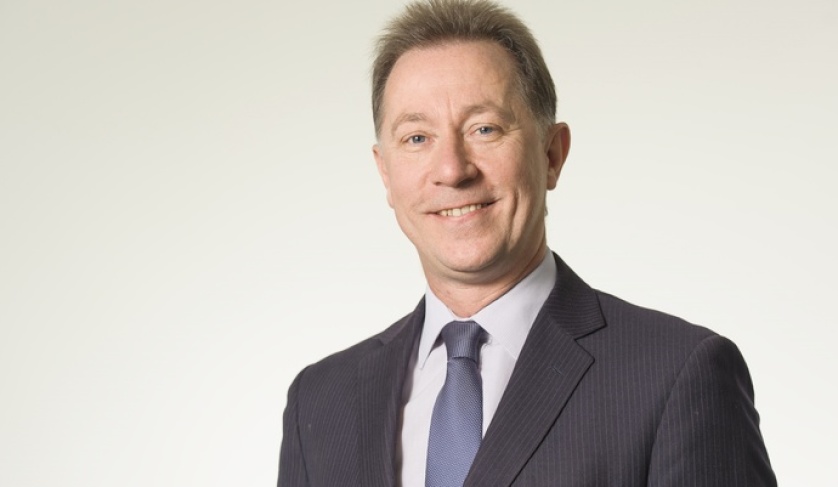Speaking at a conference in Canberra, BAE Systems Australia CEO Glynn Phillips said the relevance of innovation and ‘disruptive technology’ is significant in delivering increased capabilities to the nation’s defence industry sector.
To continue reading the rest of this article, please log in.
Create free account to get unlimited news articles and more!
Phillips said it is important that the industry approach things differently in regard to defence and security, highlighting the region's complex security needs.
"It is critical that we do things differently," he said.
"Australia and the region is today facing greater security complexity and uncertainty that it has for many decades, and the threats facing that nation are constantly and rapidly evolving."
Phillips stressed that the industry must rapidly evolve too, regardless of the fear it poses, if it hopes to remain profitable and a key player in economic prosperity and development.
"In this climate, technology has a clear role to play in creating opportunities for economic growth as well as ensuring that we maintain a capability edge in defence and security," he said.
"The speed of change can sometimes be unsettling and there are understandably public concerns about the impact of new technology as we enter the fourth industrial evolution.
"Understandably, people tend to stick with what they know; embracing disruptive technology can seem like a step to far. In reality, you have to disrupt yourself, because if you don’t, chances are someone will do it to you."
Phillips also warned of potential threats if disruptive technology is not prioritised, including higher costs to government.
"A new market entrant, a cyber attack, or in the case of defence – a new technology that changes the way wars are fought," he said.
"Our defence capability edge is based on the nation’s ability to deploy, operate and sustain technologically superior capabilities. Whether it’s a new market entrant or a new threat posed, we in the defence industry are comfortable with the notion of disruptive technology.
"My view is that technological innovation in defence should continue to be this country’s priority. If we don’t prioritise it, Australia risks becoming a nation that is lagging in capability – behind the nations, groups or individuals that pose a security threat.
"And we will be exposed to higher costs by having to import technology.
"In fact, if we don’t prioritise technological innovation we lose the opportunity for Australian businesses – and the economy – to benefit, and for the nation to transition to one less reliant on the resources industry."
Phillips also emphasised the importance of embracing innovation, rather than simply inventing new technologies, for the industry to succeed.
"This is not just about inventing new technologies, it is also about innovation. It is about doing things better, in how we design, manufacture, support and upgrade assets and services to continuously ensure the ADFs platforms and services are available, reliable and cost-effective," he said.
"Technologies and innovations, such as augmented reality, are providing opportunities to revolutionise how we design products, manufacture them and conduct training.
"Artificial intelligence is just one example. Intelligent systems can help our armed forces to do their job more effectively, keep them out of harms way and enable them to make better decisions, faster. In the future we see unmanned vehicles complementing and supporting, rather than replacing, manned platforms – the two working together in partnership."
BAE Systems Australia has invested $260 million in Australia on research and development – an amount that equates to over four times more per employee than the rest of the Australian economy – an important part of BAE Systems Australia's ethos and commitment to the industry.
"At BAE Systems Australia, staying ahead of the curve on new technology is vitally important," Phillips said.

 Login
Login







